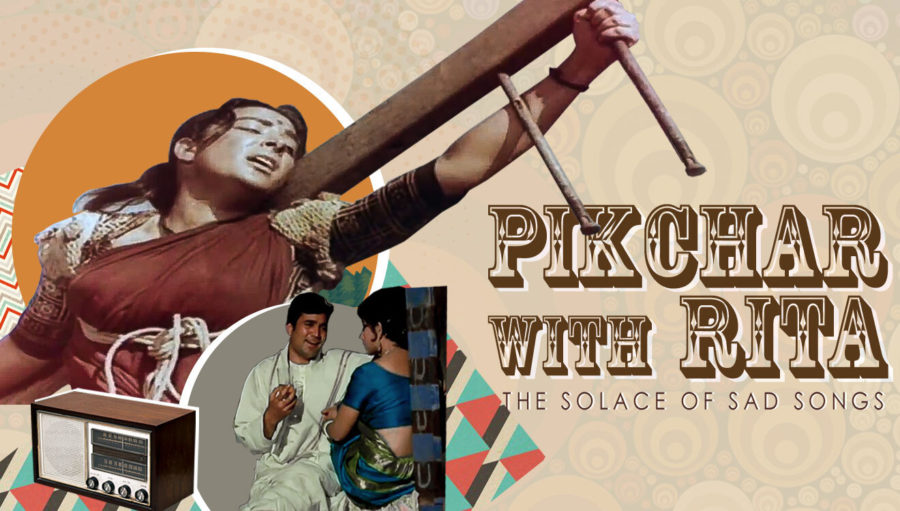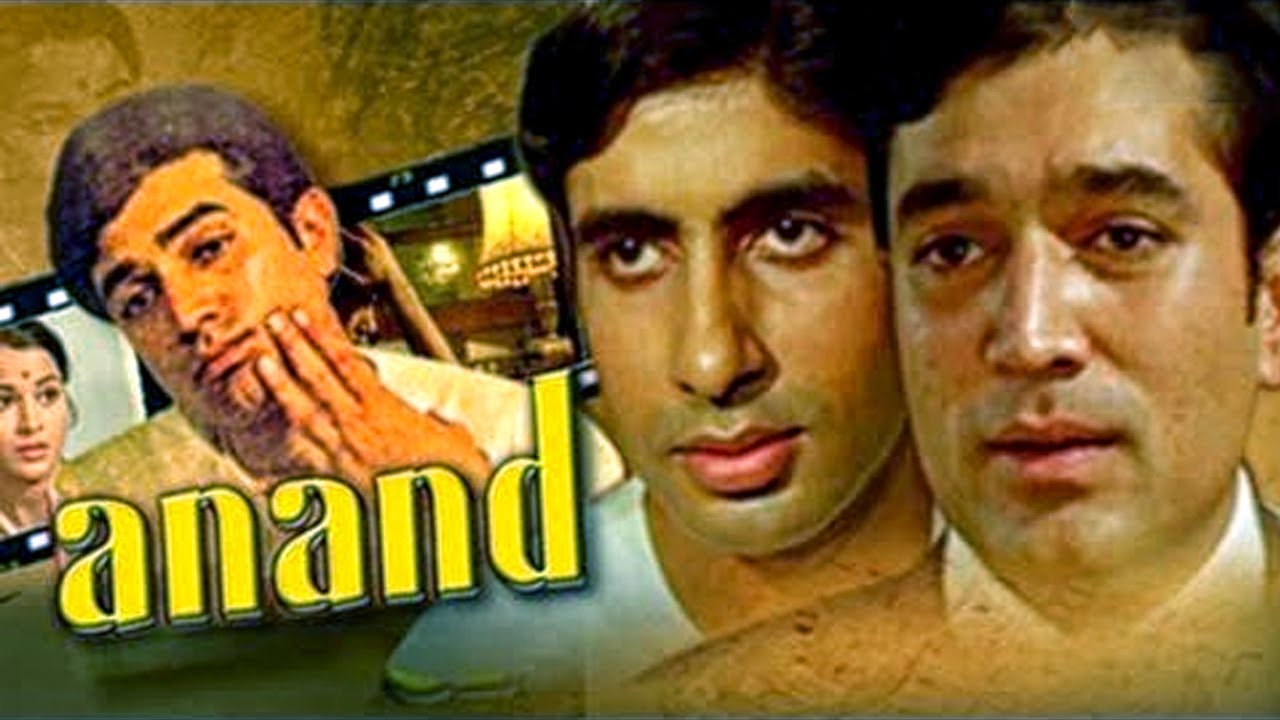Pikchar With Rita is a fortnightly column on cinema by Rita Kothari. She’s a Professor of English at Ashoka University. She does not “do” film studies.
*****
Pushpa comes to my house every day at 9 am. She does the dusting, sweeping, mopping. Once done, she and I have tea together and listen to a song. I asked her, “Pushpa, kya sunogi?” She asked me to play any Rajesh Khanna song. Pleased by the prospect of listening to Kishore Kumar, I played on my phone, Kuchh to log kahenge, logon ka kaam hai kehna..from the film Amarprem.
Pushpa has been having a hard time ignoring comments about her heartlessness. She has finally sent off her brother-in-law to a mental health institution. While he lived with her, she fed him, nursed him, but he had begun to assault her in recent times. Pushpa has felt judged but seldom mentions it. The ‘log’ who criticize her have no idea what she had been going through. The notes of the song reminded her that people would do that; that they have always done it.
“Kuchh reet jagat ki aisi hai, har ek subah kee shaam huyi/ tu kaun hai, tera naam hai kya, Sita bhi yahaan badnaam huyi.”
That’s how the world works, for every morning there follows an evening, who are you to complain, when Sita was not spared either. Women have been told this story often; they are not unique in what they go through, others have preceded him. This dubious consolation may not work for modern and privileged ones; for it is easy to see how much normalization takes place here, especially through mythology. But listening to this song must have helped Pushpa, who, before leaving said, “Kitna achha gaana hai.”
The solace songs provide for desolation, grief and make their subjects realise that they are not alone in their predicaments, and songs are often unacknowledged sources of self-help in India. The subjectivity not allowed the leisure or space through humdrum chores finds at least a song. This is particularly true of people finding themselves caught in difficult predicaments that elude individual agency and decision. The “sad” songs of Lata Mangeshkar, Muhammad Rafi or Kishore Kumar, or even earlier times Talat Mehmood and Saigal were far more popular than the happy ones.
There was a time when every home with any interest in songs also possessed a series of cassettes with “sad songs” written on them. I remember from childhood my mother quoting lines from the Mother India song, “Jeevan hai agar zahar to peena hi padega” in times of difficulty.
There was of course a fair amount of dramatization in such identifications; and as children we didn’t take a charitable view of it; in fact we laughed at her entire family from Ajmer which specialized in nursing its “imaginary” wounds through “sad” songs. That era is gone, and now the classification of songs is defined by the activity of the day – gymming, dancing, driving etc. Meanwhile, the ones seeking solace and exaltation of their own struggles must necessarily go to another time. But then who says we live in the same time? It is not surprising that waqt in Urdu means at least four things – time and opportunity; occasion and season.
We gravitate to songs that reflect our waqt; not our times.



